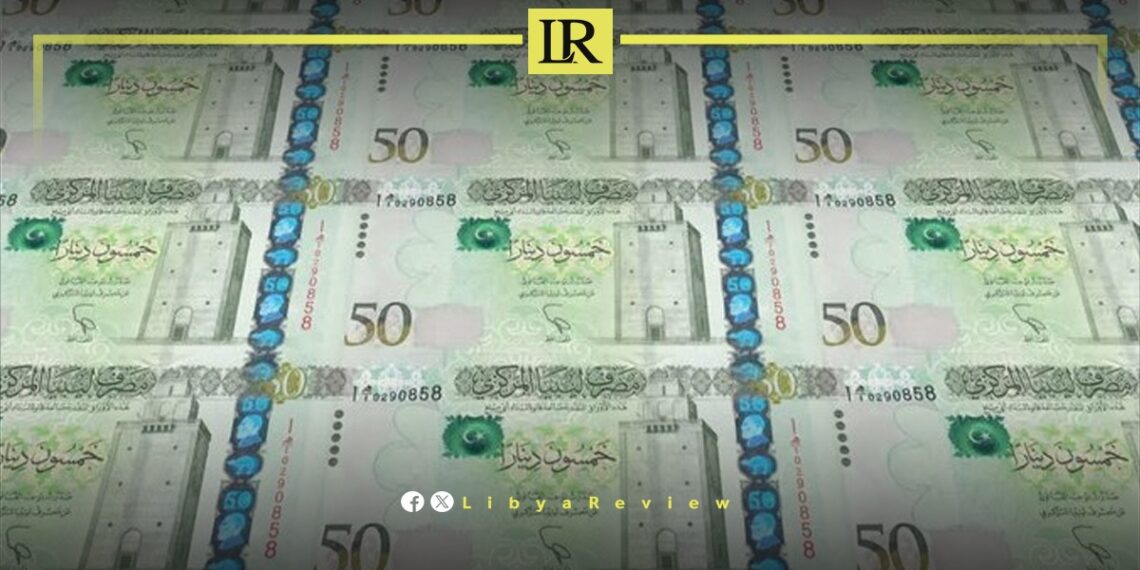The Russian Embassy in Libya has dismissed recent claims made by Reuters regarding the printing of counterfeit Libyan dinars by Russia. The embassy highlighted that the allegations, which resurfaced in a Reuters article, are baseless and laughable to Libyans.
The Reuters article cited unnamed sources and Jalel Harchaoui, a researcher from a British institute in France, to support the claims. Additionally, the article mentioned a supposed MI6 specialist referred to as “The Sentry,” tasked with exposing corruption and war crimes.
The embassy criticised the reliance on anonymous sources and speculative expertise. It noted that all official entities with factual information about the matter declined to comment on the article, to avoid embarrassing the authors of these unfounded allegations.
According to the Reuters report, unofficial Libyan banknotes were exchanged for real dollars, devaluing the dinar. These notes were allegedly printed by Russia and exported to eastern Libya, while others were printed illicitly within the country. The Central Bank of Libya in Tripoli has labelled these new banknotes as counterfeit, yet they are being converted into hard currency on the black market or through local banks.
Sources within Libya’s eastern government and the banking sector told Reuters that the counterfeit money has funded infrastructure projects following last year’s floods.
The Russian Embassy reiterated that these allegations are unfounded and solely based on speculative and anonymous sources, aiming to discredit Russia’s involvement in Libya.


